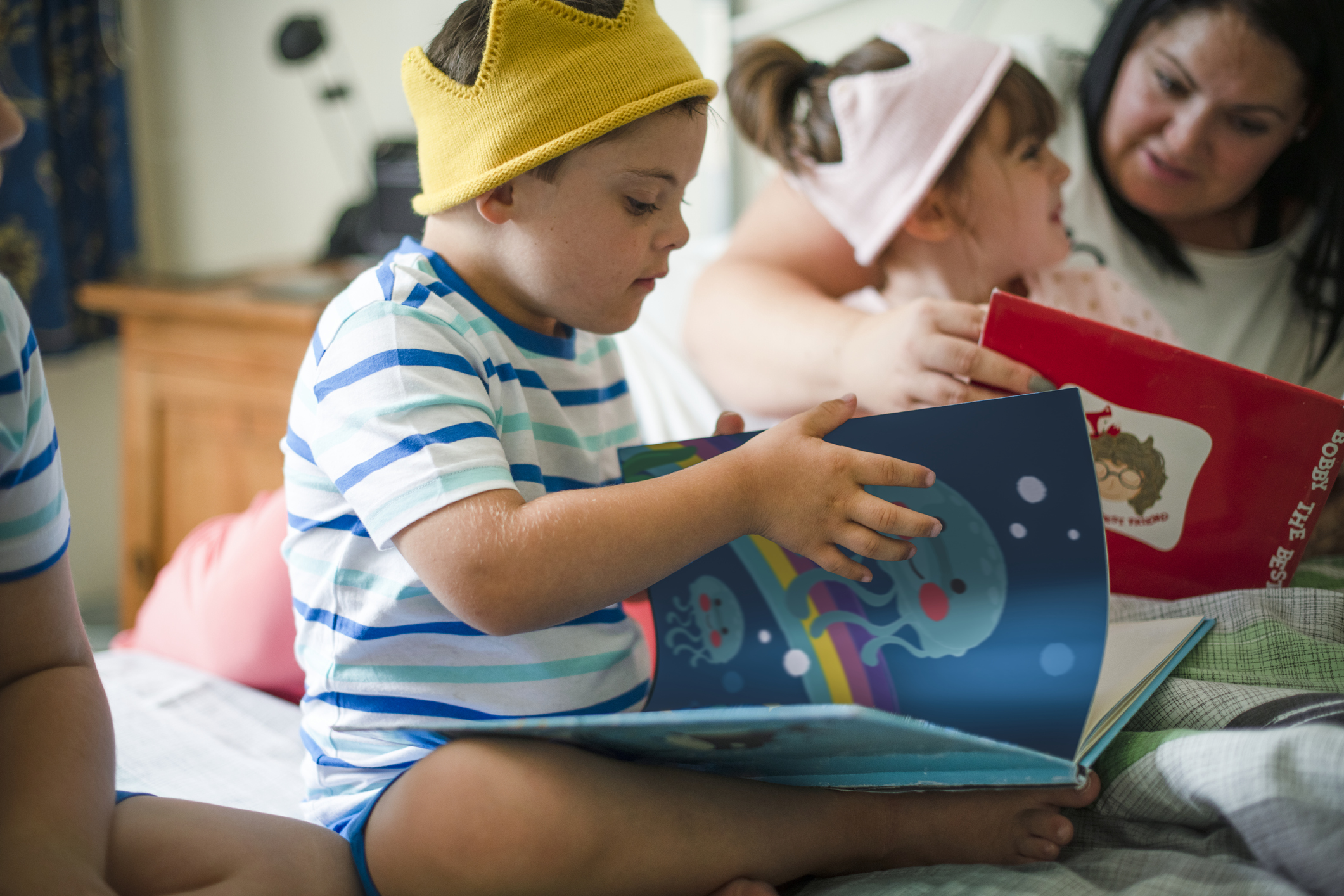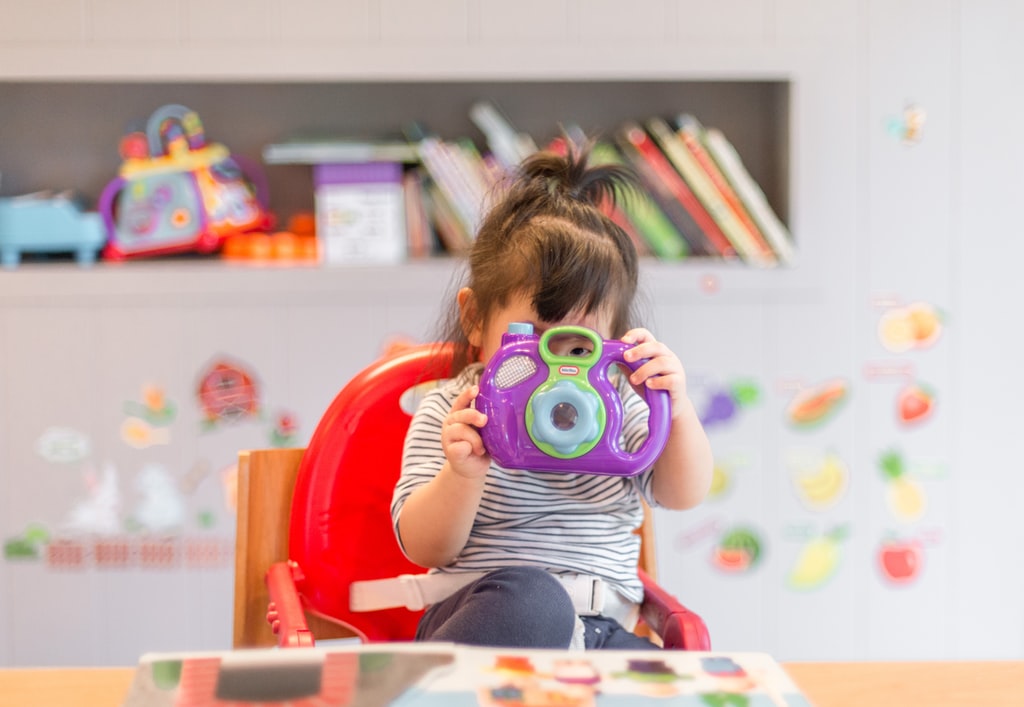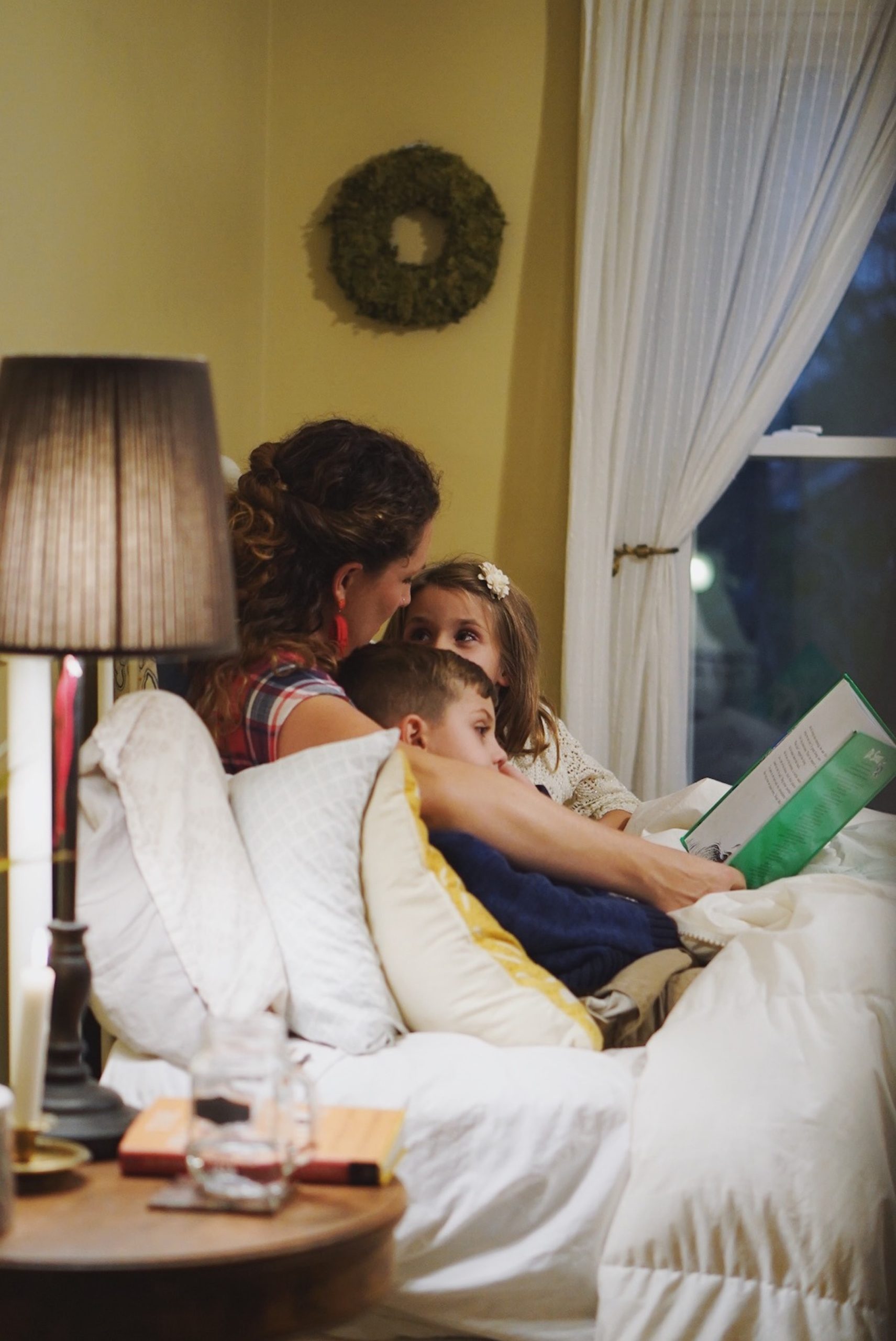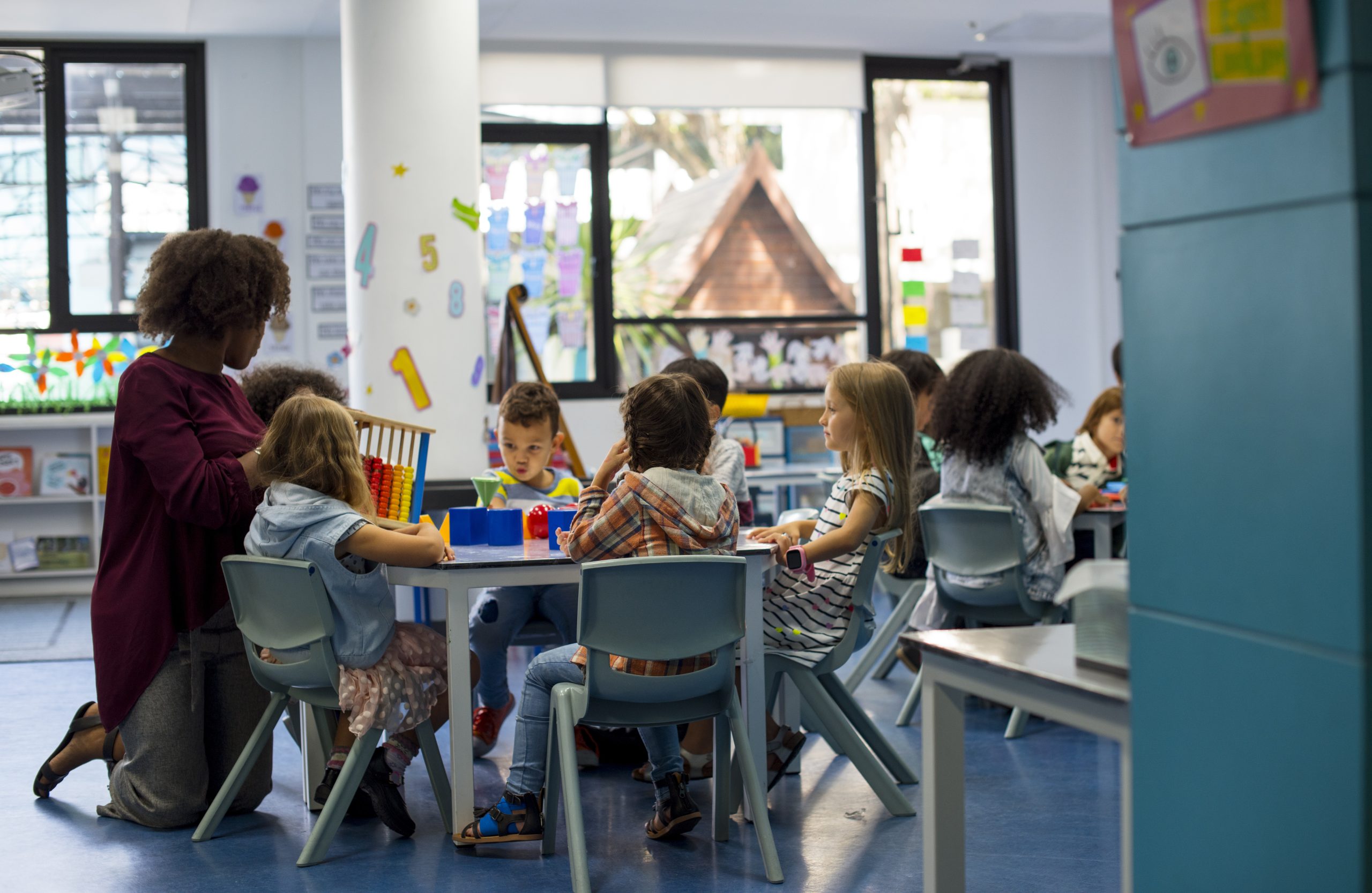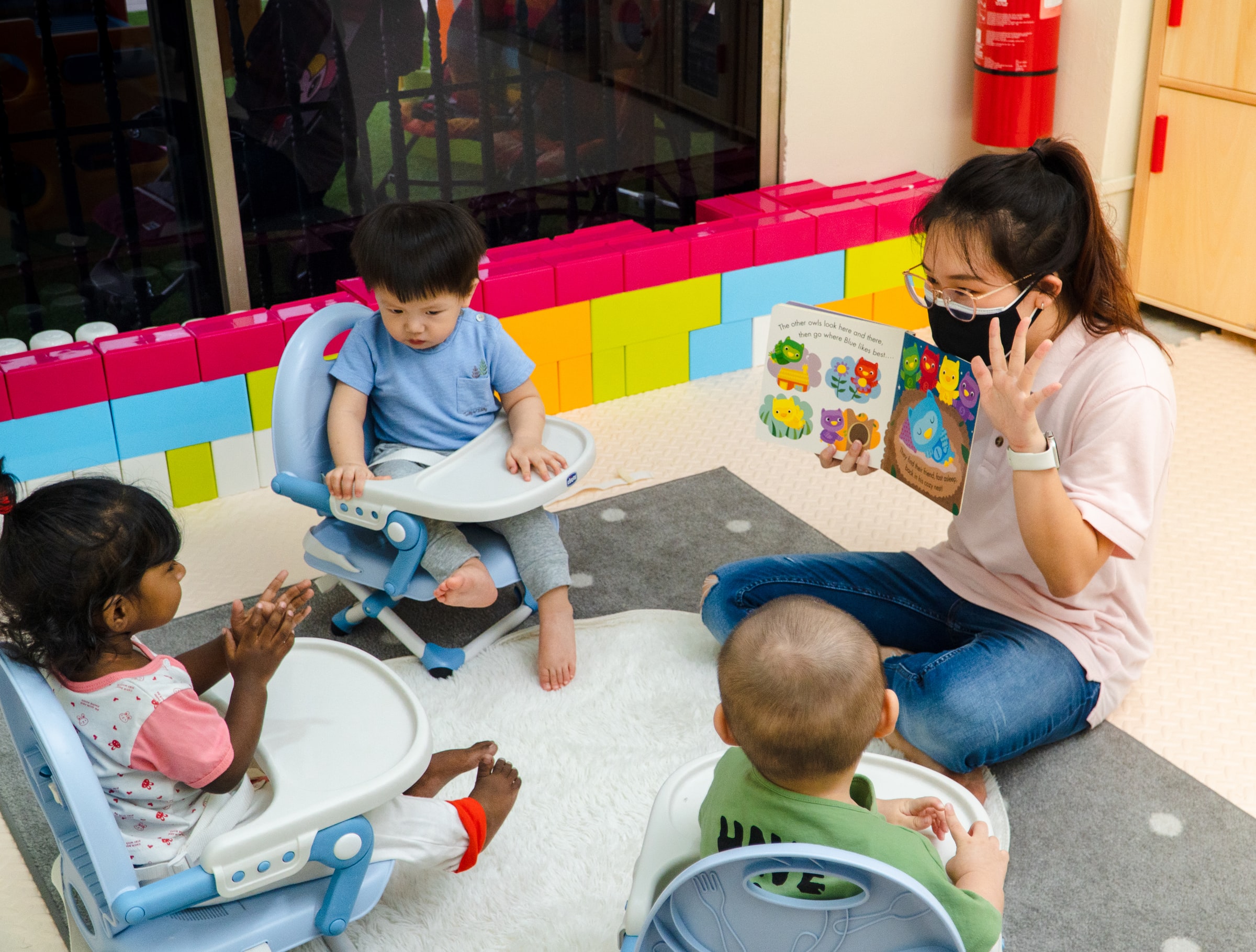Shhh! Don’t mention games and music to my child. He was diagnosed with down syndrome.
So what?
No matter what type of special need your child is suffering from, restricting them will only mean you are giving more importance to that condition rather than supporting and encouraging your child.
Who said your kid couldn’t have fun?
#1. Reading for Pleasure

“A child who loves to read is a reader for life!”
My boyfriend has a niece who was diagnosed with Rubinstein-Taybi Syndrome. But, there’s one thing that always intrigued me.
Despite her condition, whenever I met her, she is always reading a book. She is actually addicted to them and I’ve always wondered why.
Today, I got to know why.
Reading is not only about expanding one’s mental abilities, boosting the comprehension and analytical skills and stimulating the memory. Reading goes as far as opening new worlds for kids. This is called reading for pleasure and all children are entitled to this pleasure.
Recreational or leisure reading is a type of reading which offers some sort of freedom to view the world through more adventurous lenses. Bright, vivid pictures and engaging words open doors to endless imaginations and help the kids to experience the world at their own pace.
For most children with special needs, the current world feels like a complicated hodgepodge, which always seems to leave them behind.
But, getting lost in a captivating story, drowning in the setting of the story, connecting with the fictional characters allows them to live in a world that gives them sufficient time to process things.
Depending on the medical condition of your child, try to incorporate a few books into your kid’s line of activities.
Here are some great books that can inspire your child:
- Happy Dreamer by Peter Reynolds
- Willow by Denise Brennan-Nelson and Rosemarie Brennan
- What Do You Do with an Idea? by Kobi Yomada
- The Big Orange Splot by Daniel Pinkwater
- The Dot by Peter Reynolds
- Different – A Great Thing to Be! by Heather Avis
- Song for a Whale by Lynne Kelly
#2. Match the Cards

A classic game that is suitable for kids between 3 to 5 years old, memory matching cards can now be easily found in shops.
Many dismiss this game due to its simplicity, but trust me, this is one of the best ways to incorporate fun while boosting the memory and concentration skills of your child.
How to play:
- Start by placing the pairs of matching cards, face down, in some random arrangement.
- Play with your child and take turns in flipping the cards.
- Remember, you get to flip the cards only twice and if you play until all the cards are matched.
#3. Playing With Bubbles

“Playing water has, is and will always be splishy, sploshy fun.”
Popping bubbles all over the place does not only sound fun, but is also very stimulating for any kid between 3-5 with special needs.
Why this activity might be beneficial for your child:
- Visual tracking skills:
We are not born with the perfect visual skills. And, one way to enhance your fix, track, focus, follow and converge skills is to enjoy the magic of bubbles.
- Sound Production:
Eye-catching bubbles can not only contribute to visual development but can also boost your child’s sound production.
How, you say?
Try blowing a bubble at your kid and say “bubble” or even “buh, buh, buh.” Don’t forget to maintain eye contact while saying these words.
And, you’ll see the immediate response will be either a little sound or the entire word.
- Motor Development and Muscle Tone Development
#4. Make Some Art

I’ve always held a strong dislike for art.
But, I never understood that art was less about drawing and painting abilities and more about discovering your creative and imaginative side.
Art is one of the easiest ways to make your child explore new possibilities and be more passionate, creative and curious. Along the way, it will also increase the self-confidence of your child.
Autism, muscular dystrophy, or visually impaired, no one can steal or snatch the right of having fun from a kid. Agree with me on that?

